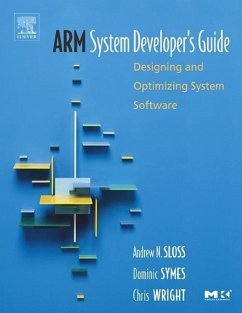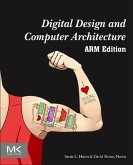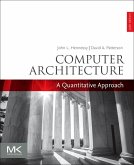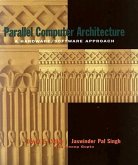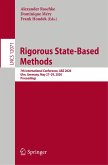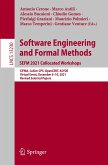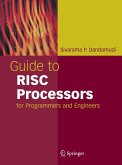Over the last ten years, the ARM architecture has become one of the most pervasive architectures in the world, with more than 2 billion ARM-based processors embedded in products ranging from cell phones to automotive braking systems. A world-wide community of ARM developers in semiconductor and product design companies includes software developers, system designers and hardware engineers. To date no book has directly addressed their need to develop the system and software for an ARM-based system. This text fills that gap. This book provides a comprehensive description of the operation of the ARM core from a developer's perspective with a clear emphasis on software. It demonstrates not only how to write efficient ARM software in C and assembly but also how to optimize code. Example code throughout the book can be integrated into commercial products or used as templates to enable quick creation of productive software. The book covers both the ARM and Thumb instruction sets, covers Intel's XScale Processors, outlines distinctions among the versions of the ARM architecture, demonstrates how to implement DSP algorithms, explains exception and interrupt handling, describes the cache technologies that surround the ARM cores as well as the most efficient memory management techniques. A final chapter looks forward to the future of the ARM architecture considering ARMv6, the latest change to the instruction set, which has been designed to improve the DSP and media processing capabilities of the architecture.
Hinweis: Dieser Artikel kann nur an eine deutsche Lieferadresse ausgeliefert werden.
Hinweis: Dieser Artikel kann nur an eine deutsche Lieferadresse ausgeliefert werden.
"The ARM architecture has enabled a rich set of new applications on increasingly powerful wireless platforms. Media-rich applications such as 3D games, camera and videophones, location-based services and connected portable music and video devices are enabled by next generation CDMA phones executing on the ARM architecture.Developing embedded software for these platforms requires a knowledge of the underlying architecture, and programming practices which balance power, cost and performance efficient. Sloss provides a comprehensive and practical guide to the development of "hardware aware" software which meets the demanding constraints of these applications. Highlighted with practical examples, and enhanced by a thorough treatment of topics such as ISRs, code optimization, and DSP on ARM, this book is essential for every embedded software and hardware engineer alike." --J. Scott Runner, Senior Staff Engineer/Manager, Qualcomm CMDA Technologies, Qualcomm Inc. "This book has a place on the desk of every engineer developing software for the ARM processor; it is a thorough introduction for newcomers, and a useful reference for the ARM expert.The technical information in this book is aimed squarely at the software developer, you'll find advice on bringing a device up from a bare board, reference information describing the characteristics of all current ARM architectures, and many valuable tips for optimizing code running on ARM cores.I have been using this book since reviewing the first draft, and can recommend it to anyone who wants the get the best out of their ARM Powered products." --Peter Maloy, CodeSprite Inc. "This book provides an excellent introduction to the ARM architecture. It describes important architectural features in detail. It also makes great use of examples to illustrate those features and put them in context." --Wayne Wolf, Princeton University

